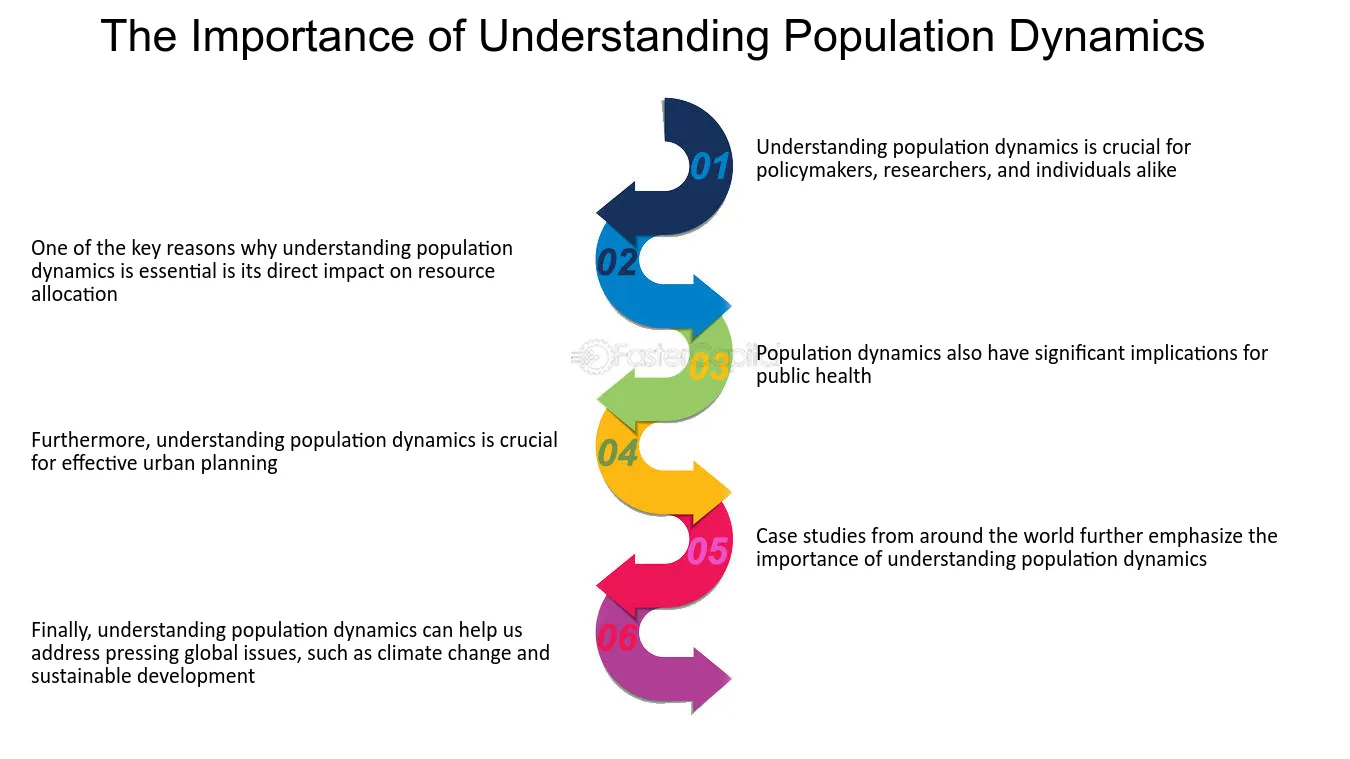In today’s interconnected world, the term “people online” encompasses a vast and diverse population actively engaged in various digital platforms and activities. This article delves into the significance, behaviors, and implications of people online, highlighting their influence on society, economy, and everyday life.
The Scope of “People Online”
“People online” refers to individuals who regularly use the internet for communication, information consumption, entertainment, commerce, and social interaction. This demographic includes people of all ages, backgrounds, and geographic locations, unified by their access to and utilization of digital technologies. The proliferation of smartphones, tablets, and computers has facilitated widespread internet connectivity, enabling billions of people worldwide to participate in online communities and activities.
Behaviors and Activities
The behaviors and activities of people online are multifaceted and varied:
1. Social Media Engagement: Platforms like Facebook, Instagram, Twitter, and TikTok serve as hubs for social interaction, enabling users to connect with friends, family, and communities worldwide. People share personal updates, photos, videos, and participate in discussions on diverse topics.
2. Information Seeking: The internet has become a primary source of information, with individuals turning to search engines, news websites, and blogs to access news, research, educational resources, and professional insights.
3. E-Commerce and Online Shopping: Online retail has revolutionized consumer behavior, allowing people to shop for goods and services from the comfort of their homes. E-commerce platforms like Amazon, Alibaba, and eBay facilitate transactions ranging from everyday items to specialty products.
4. Entertainment Consumption: Streaming services such as Netflix, YouTube, Spotify, and Twitch cater to people’s entertainment needs, offering a wide range of movies, TV shows, music, live streams, and gaming content.
5. Work and Productivity: The internet supports remote work and telecommuting, enabling professionals to collaborate, communicate, and conduct business operations online through tools like email, video conferencing, and project management platforms.
Impact on Society and Culture
The prevalence of people online has significantly shaped societal norms, cultural practices, and collective behavior:
1. Global Connectivity: The internet fosters global interconnectedness, allowing individuals from diverse backgrounds to connect, share experiences, and bridge geographical boundaries.
2. Digital Citizenship: Online platforms facilitate discussions on social issues, politics, and advocacy, empowering individuals to voice opinions, raise awareness, and mobilize for causes.
3. Digital Divide: Despite widespread internet access, disparities in digital literacy and connectivity persist, impacting access to education, employment opportunities, and information.
4. Privacy and Security: Concerns about data privacy, online surveillance, and cybersecurity underscore the need for responsible internet usage and robust digital protections.
Economic Influence
The digital economy thrives on the activities of people online, driving innovation, entrepreneurship, and economic growth:
1. Digital Marketing: Businesses leverage online platforms for marketing, advertising, and customer engagement, targeting specific demographics and optimizing campaigns based on user data.
2. E-Commerce Growth: Online shopping continues to expand, with businesses adapting to consumer preferences for convenience, selection, and competitive pricing.
3. Freelancing and Remote Work: The rise of digital platforms and freelance marketplaces enables individuals to offer services remotely, contributing to the gig economy and flexible employment models.
Challenges and Considerations
While the internet offers numerous benefits, challenges associated with online interactions and behaviors include:
1. Misinformation and Fake News: The rapid spread of misinformation online can influence public opinion, undermine trust in the media, and pose risks to democratic processes.
2. Cyberbullying and Online Harassment: Negative interactions online can impact mental health and well-being, necessitating efforts to promote digital civility and combat abusive behavior.
3. Digital Addiction: Excessive internet usage may lead to dependency, affecting productivity, sleep patterns, and interpersonal relationships.
Conclusion
The concept of “people online” encapsulates the dynamic and evolving relationship between individuals and digital technologies. As internet usage continues to grow, understanding the behaviors, impacts, and challenges associated with people online becomes essential for navigating the complexities of our interconnected world. Embracing digital literacy, promoting responsible online behavior, and leveraging technology for positive social, economic, and cultural outcomes are key to harnessing the full potential of people online in shaping our future.
